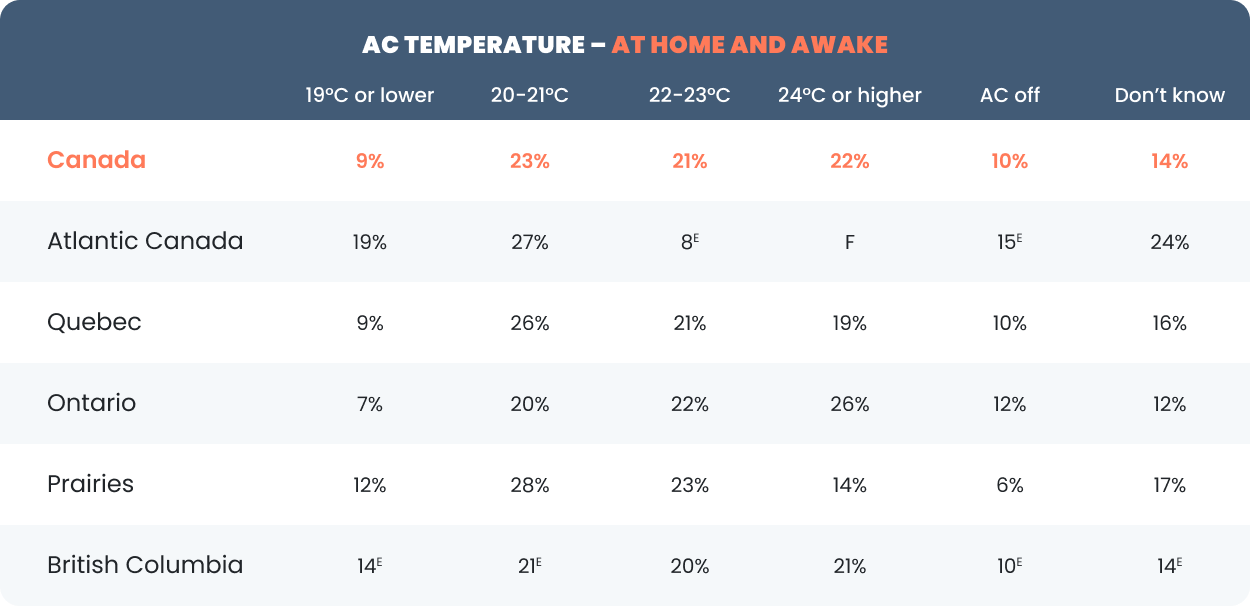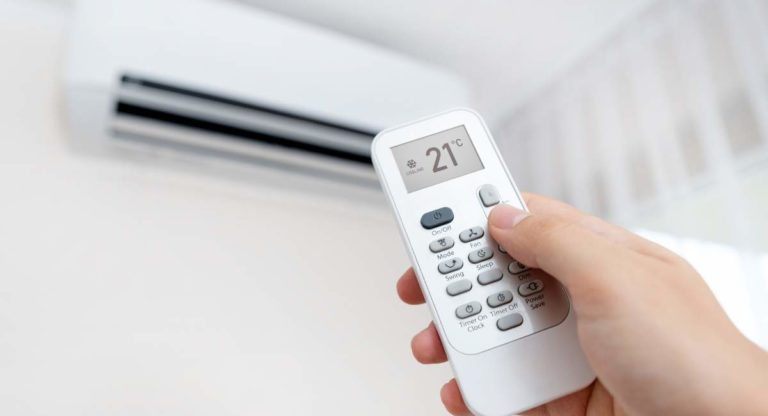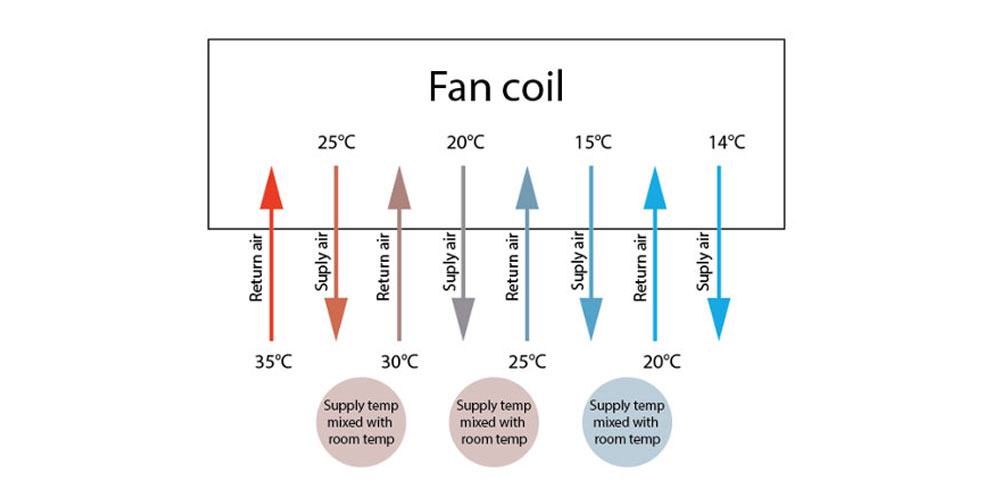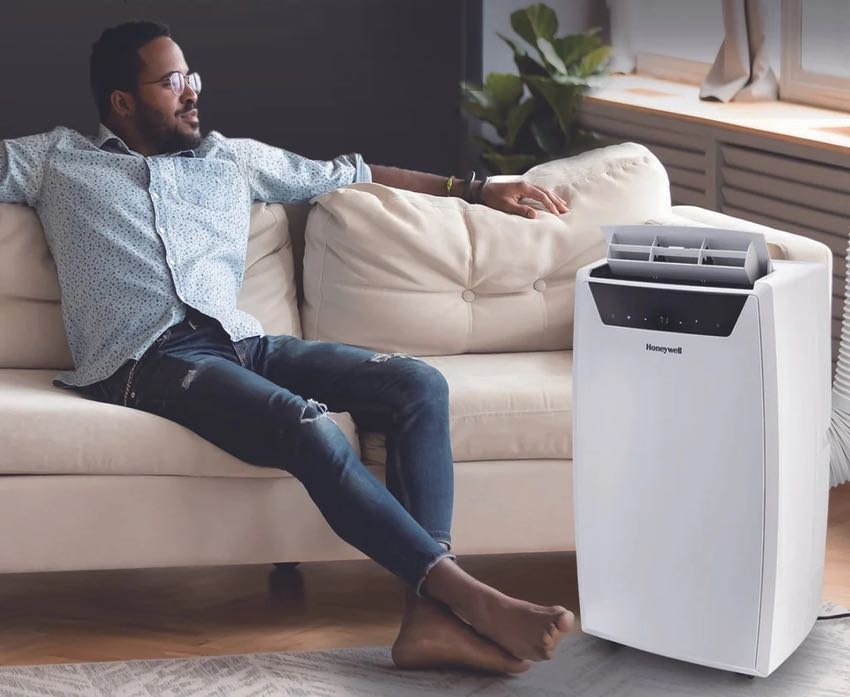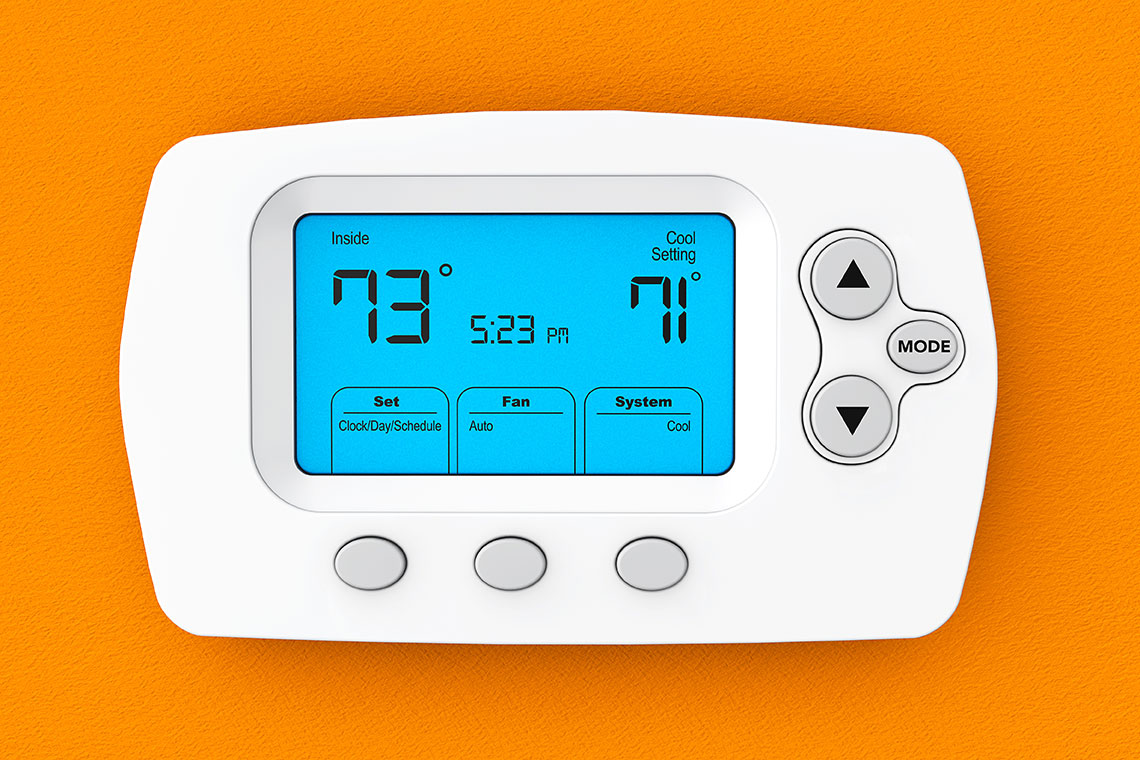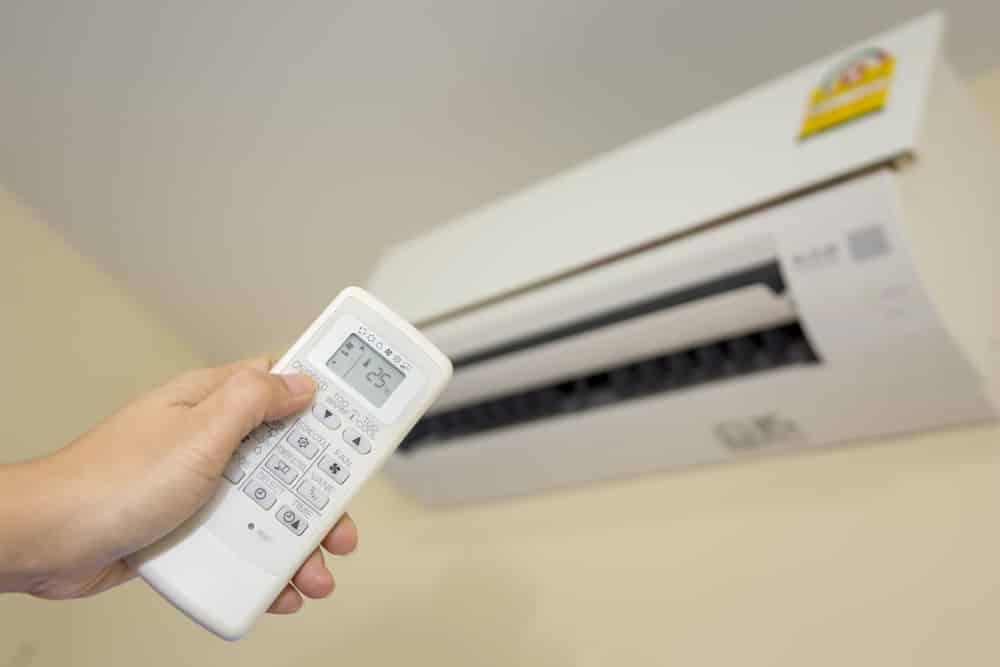What's The Best Temp For Air Conditioner
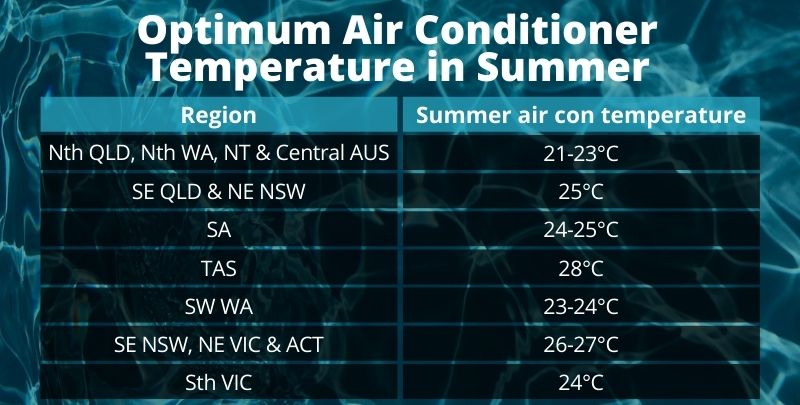
Finding Your Perfect Chill: What's the Best Temperature for Your Air Conditioner?
Setting your air conditioner to the ideal temperature is more than just about comfort. It's a delicate balance between keeping your home cool, minimizing energy consumption, and ensuring the longevity of your HVAC system. This guide will walk you through the factors to consider when choosing the best temperature setting for your air conditioner, helping you optimize your home's cooling while saving money.
Understanding the Science of Comfort
While personal preferences vary, the generally recommended temperature range for air conditioning is between 72°F and 78°F (22°C and 26°C). The U.S. Department of Energy suggests 78°F as an energy-efficient setting when you're home. However, numerous elements influence your perception of comfort. These include humidity levels, activity levels, clothing, and even the age and health of the occupants.
High humidity, for example, can make a room feel much warmer than it actually is. A dehumidifier can help alleviate this issue, allowing you to set your thermostat a few degrees higher without sacrificing comfort. Conversely, if you're engaged in physical activity or wearing heavy clothing, you might prefer a slightly cooler temperature.
Key Factors Affecting Your Ideal AC Temperature
- Energy Efficiency: Lowering the thermostat increases energy consumption significantly. Each degree you lower it can increase energy use by 6-8%.
- Health Considerations: Extreme temperature swings can be detrimental to health, especially for infants and the elderly. Maintaining a consistent temperature is crucial.
- Home Occupancy: When you're away from home, raising the thermostat by 7-10 degrees can save a significant amount on energy bills. Programmable or smart thermostats can automate this process.
- HVAC System Capabilities: An older, less efficient system might struggle to maintain a very low temperature, leading to continuous operation and increased wear and tear.
The Role of AFUE, SEER, and HSPF Ratings
When choosing a new air conditioner, understanding AFUE (Annual Fuel Utilization Efficiency), SEER (Seasonal Energy Efficiency Ratio), and HSPF (Heating Seasonal Performance Factor) ratings is crucial. These ratings indicate the efficiency of the system. For air conditioners, the SEER rating is paramount. A higher SEER rating signifies greater energy efficiency, meaning the unit will use less energy to produce the same amount of cooling.
The minimum SEER rating currently mandated by the U.S. Department of Energy is 14 for most regions. However, higher SEER ratings (up to 25 or even higher) are available, offering significant long-term energy savings. While units with higher SEER ratings typically have a higher upfront cost, the reduced energy bills can offset this expense over time.
Consider these popular brands and their SEER ratings:
- Carrier: Known for innovation and high-efficiency models, Carrier offers air conditioners with SEER ratings ranging from 13 to 24+.
- Trane: A reliable brand with a wide range of options, Trane units typically have SEER ratings between 14.5 and 22.
- Lennox: Lennox is known for its premium, high-efficiency systems, with SEER ratings reaching as high as 26.
- Goodman: A budget-friendly option, Goodman offers air conditioners with SEER ratings from 13 to 19.
Programmable and Smart Thermostats: Your Temperature Control Allies
Programmable thermostats allow you to set different temperatures for different times of the day, optimizing energy usage based on your schedule. For example, you can set the thermostat to a higher temperature when you're at work and lower it before you arrive home.
Smart thermostats take this a step further by learning your habits and automatically adjusting the temperature to maximize comfort and energy savings. They can also be controlled remotely via a smartphone app, giving you even greater control over your home's cooling system. Many smart thermostats also provide energy usage reports, allowing you to track your savings and identify areas for improvement.
Troubleshooting Common AC Issues
Even with the best temperature settings, your air conditioner might encounter problems. Here are some common issues and how to address them:
- AC Not Cooling Effectively: This could be due to a dirty air filter, low refrigerant levels, or a malfunctioning compressor. Check the air filter first, and if the problem persists, contact a qualified HVAC technician.
- Uneven Cooling: This can be caused by blocked vents, leaky ductwork, or an improperly sized AC unit. Ensure vents are clear and consider having your ductwork inspected for leaks.
- High Energy Bills: Inefficient AC operation, leaky windows and doors, and poor insulation can all contribute to high energy bills. Seal any drafts and consider upgrading your insulation.
- Strange Noises: Unusual noises from your AC unit can indicate a mechanical problem. Contact a technician to diagnose and repair the issue.
Understanding AC Warranties and Maintenance
Air conditioner warranties typically cover parts and labor for a specific period. The duration and coverage vary depending on the brand and model. Be sure to carefully review the warranty terms and conditions before purchasing a new unit. Most manufacturers require regular maintenance to keep the warranty valid.
Regular maintenance is essential for ensuring the longevity and efficiency of your air conditioner. This includes:
- Changing Air Filters: Replace the air filter every 1-3 months, or more frequently if you have pets or allergies.
- Cleaning the Outdoor Unit: Remove any debris from around the outdoor unit to ensure proper airflow.
- Inspecting the Coils: Check the evaporator and condenser coils for dirt and debris and clean them as needed.
- Scheduling Professional Maintenance: Have your AC unit professionally inspected and serviced at least once a year.
Comparing Popular AC Models and Features
When shopping for a new air conditioner, consider these popular models and their key features:
Carrier Infinity 26 SEER Air Conditioner
Pros: Exceptional energy efficiency, quiet operation, advanced features like humidity control.
Cons: Higher upfront cost.
Features: SEER rating up to 26, variable-speed compressor, Wi-Fi connectivity.
Trane XV20i Variable Speed Air Conditioner
Pros: Reliable performance, variable-speed technology for consistent comfort, durable construction.
Cons: Can be expensive to repair.
Features: SEER rating up to 20, variable-speed compressor, ComfortLink™ II communicating technology.
Lennox XC25 Air Conditioner
Pros: Ultra-high efficiency, silent operation, precise temperature control.
Cons: Premium price point.
Features: SEER rating up to 26, SilentComfort™ technology, Precise Comfort® technology.
Goodman GSX16 Air Conditioner
Pros: Affordable price, decent efficiency, reliable performance.
Cons: Not as energy-efficient as higher-end models.
Features: SEER rating up to 16, Copeland® compressor, durable powder-paint finish.
Making the Right Choice for Your Home
Ultimately, the best temperature for your air conditioner depends on your individual needs and preferences. Consider factors like energy efficiency, health, occupancy, and HVAC system capabilities. Experiment with different settings to find the perfect balance between comfort and cost savings.
Investing in a high-efficiency air conditioner and a programmable or smart thermostat can significantly reduce your energy bills and improve your overall comfort. Remember to prioritize regular maintenance to ensure the longevity and efficiency of your HVAC system. Consulting with a qualified HVAC professional can help you determine the best AC system and temperature settings for your specific home and needs.
